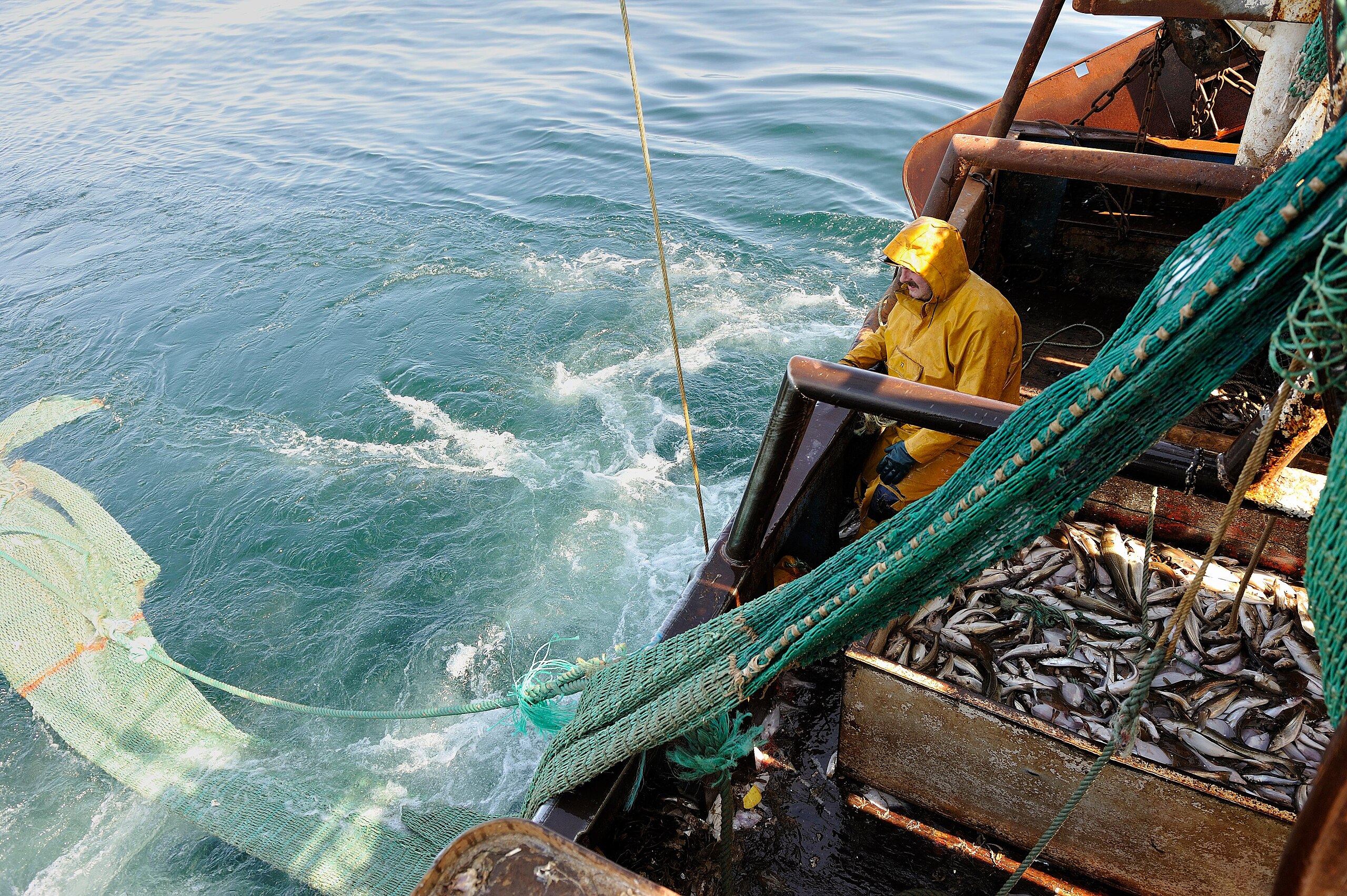Alyx Elliott, campaigns director of Oceana UK, said: “Bottom trawling is devastating our seas. Across our ‘protected’ havens for nature, weighted nets are clear-felling the forests of the ocean and butchering our marine wildlife wholesale. The UK currently has the worst of all worlds: the illusion of protection masking ongoing destruction. Unless the government takes action, our marine protected areas will remain a sham.
“Last year, shadow Environment Secretary Steve Reed claimed that if elected, he would act to stop this destruction – so what’s the delay? Our seas need more than empty promises.”
The report highlights that the benefits for the fishing industry, tourism, climate regulation, and other services provided by a healthy ocean are worth a net gain of £2.57 to £3.5 billion over 20 years which could be delivered by a ban in the UK’s offshore seabed MPAs alone.
Such a ban also has strong public backing, with eight in ten UK adults in agreement that bottom-trawling should be banned in MPAs.
So far, the UK government’s limited measures to manage bottom trawling in MPAs have centred around restrictions only for specific ‘features’, such as reefs. This isolates fragments of habitat and forestalls any real chance of regeneration and recovery, threatening the UK’s commitment to protecting 30% of land and sea by 2030.
Dr Emma Sheehan, associate professor of Marine Ecology at the University of Plymouth, said: “Safeguarding marine protected areas from bottom trawling and dredging would have wide ranging and substantial benefits for society. It would help boost marine biodiversity and the abundance of commercial species inside and outside these areas, as well as helping to mitigate climate change.
“Banning trawling across the entirety of these sites, rather than for limited features, is especially important, since it would allow these ecosystems to rejuvenate, rather than maintaining the current poor condition.”
Oceana’s report cites that at Lyme Bay in England, a partial ‘features’ protection saw an increase in abundance of marine life by 15%, but in areas where the whole site was free of trawling, that figure was 95%.
The UK government had committed to introducing laws to protect MPAs from bottom trawling before the end of 2024, but this deadline has been missed and no new date has been set.


